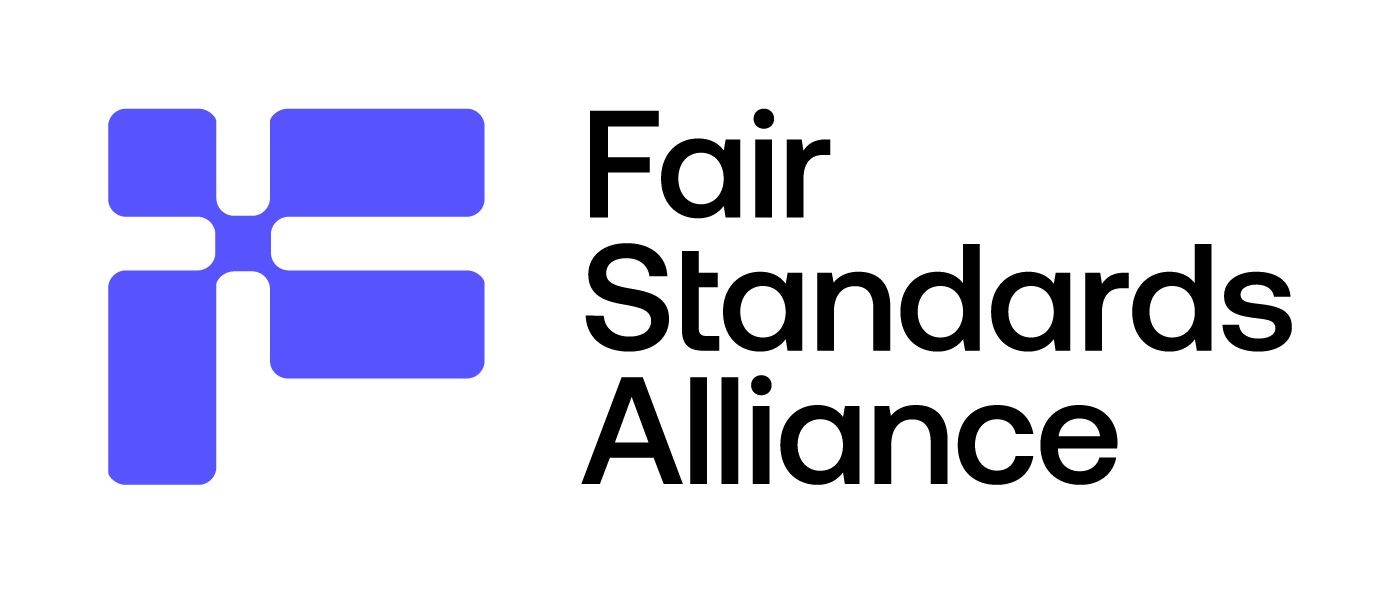On Tuesday the European Parliament will decide whether to stand by its legal challenge to the Commission or quietly step back from defending its own democratic authority and Europe’s industrial interests.
For more than a decade European industry has been asking the institutions to fix the long-standing problems in the licensing of standard essential patents (SEPs). These are the patents that underpin the technologies Europeans rely on every day, from mobile communications to connected devices in homes, factories and hospitals.
The licensing framework has become opaque, unpredictable and deeply imbalanced. Companies face a landscape shaped by secrecy and power asymmetries rather than by legal certainty and fair competition.
The proposed SEP Regulation was an attempt to bring clarity to this field and give European innovators and manufacturers a predictable environment that would allow them to invest and compete globally.
The decision by the European Commission to withdraw the proposal has therefore landed with a heavy thud. It was taken without a clear public justification and without addressing the concerns repeatedly raised by the European Parliament. At its heart this is not simply a matter of patent policy or industrial strategy.
The European Union has always prided itself on the rule of law and the careful distribution of powers among its institutions. That balance functions only if the executive remains answerable to elected representatives.
The Legal Affairs Committee has already recognised the seriousness of the issue and has called for legal action to defend the Parliament’s prerogatives. The full Parliament will soon decide whether to continue that course. This is not a vote about whether one liked or disliked the contents of the SEP Regulation. It is a vote about whether the Parliament accepts a precedent in which major legislative proposals can be withdrawn without explanation even after extensive democratic engagement.
A strong response from the Parliament would send a clear signal. It would affirm that legislative work cannot be undone lightly. It would insist that the Commission provide a full and reasoned account of its decision. And it would uphold the basic principle that executive power must remain answerable to those who are elected to represent European citizens.
Companies need predictable rules to innovate. SMEs need transparency to compete. Consumers need assurance that the technological systems they rely on are governed by clear and fair rules.
In an era defined by the rapid diffusion of digitising technologies, a robust framework for SEP licensing is not an academic exercise. It is a cornerstone of Europe’s ability to achieve wide take up of digital tools and maintain competitiveness amid global technological rivalry.
The decision before the Parliament is therefore both symbolic and practical. It is symbolic because it concerns the integrity of the legislative process. It is practical because it concerns whether Europe is willing to provide industry with the certainty it has been requesting for many years.
Supporting legal action is a legitimate and proportionate response to the Commission’s decision. It keeps open the possibility of reasoned accountability and reaffirms the Parliament’s role as co-legislator.
Europe’s democratic institutions are strongest when they insist on transparency, accountability and respect for the roles assigned to them by the Treaties. This moment calls for precisely that insistence.

Political Advertising by Fair Standards Alliance AISBL.
Full transparency notice: theparliamentmagazine.eu/FSA-NOV-2025
Sign up to The Parliament's weekly newsletter
Every Friday our editorial team goes behind the headlines to offer insight and analysis on the key stories driving the EU agenda. Subscribe for free here.